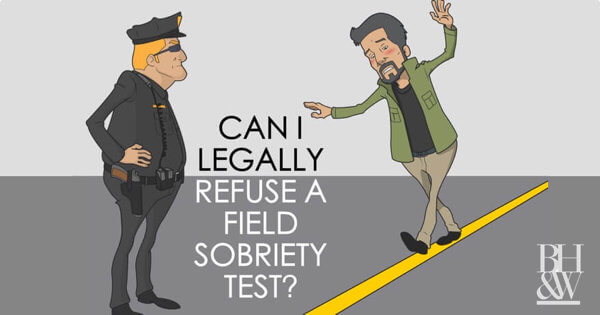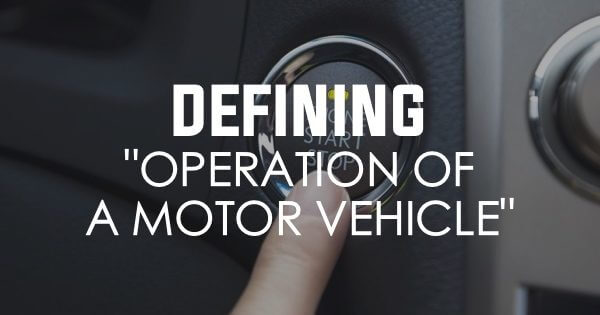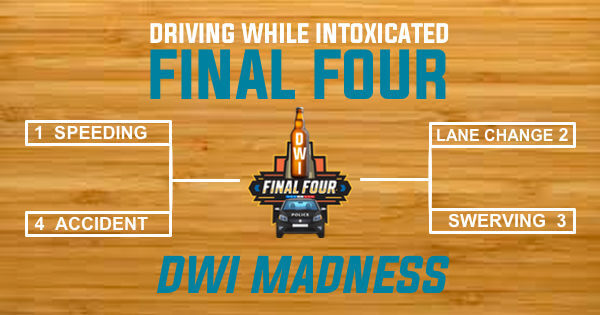Can I be Arrested for DWI for Sleeping in My Car?
 One of the requirements for a DWI in Fort Worth is straightforward–the intoxicated individual must be “operating” a vehicle while intoxicated. Any DWI attorney in Fort Worth would tell you that basic requirement. The Texas Court of Criminal Appeals recently considered the question of whether an individual who is passed out in a running, yet stationary, vehicle is “operating” the vehicle for DWI purposes. In Murray v. State, the court answered in the affirmative.
One of the requirements for a DWI in Fort Worth is straightforward–the intoxicated individual must be “operating” a vehicle while intoxicated. Any DWI attorney in Fort Worth would tell you that basic requirement. The Texas Court of Criminal Appeals recently considered the question of whether an individual who is passed out in a running, yet stationary, vehicle is “operating” the vehicle for DWI purposes. In Murray v. State, the court answered in the affirmative.
Chad Murray was passed out in his running truck in the early hours of the morning. Deputy James McClanahan observed Murray’s truck with its lights on, parked partially on the shoulder of Highway 22 and partially in a driveway near a fireworks stand. Deputy McClanahan observed exhaust coming from the truck but could not see anyone inside. The Deputy approached the truck and saw Murray asleep in the driver’s seat. The truck was indeed running. The transmission was in “park,” and the radio was on high volume. Deputy McClanahan finally succeeded in waking Murray up and, after Murray’s bungled attempts failed, in obtaining Murray’s ID. The deputy reported that he immediately smelled alcohol in the truck when Murray opened the window and that Murray appeared very intoxicated. Murray failed a field sobriety test and was charged with DWI.
At trial, Murray was found guilty and sentenced to one year in jail and a $1,000 fine. The jail sentence was suspended, and Murray was placed on two years of community supervision. Murray appealed his conviction to the Seventh Court of Appeals, arguing that there was insufficient evidence at trial to prove that he was actually operating his truck and that he was, therefore, not guilty of DWI. The court of appeals agreed and reversed Murray’s conviction, holding that, although it was possible to infer from the circumstances that someone drove Murray’s truck to the location where it was found, there was no evidence as to when that occurred or whether the driver was intoxicated at the time. The Prosecuting Attorney appealed to the Court of Criminal Appeals based on the question of whether Murray could have been found guilty of DWI without direct evidence that he was operating a vehicle while intoxicated.
The CCA took exception to the lower court’s conclusion, pointing to evidence that the vehicle was running, that Murray was in the driver’s seat, that Murray was the only one in the vehicle and that he was the only person in the vicinity. The court also pointed to the fact that there were no alcoholic beverages or containers in the vicinity and that the Deputy’s conclusion that Murray was very intoxicated was reasonable; Murray even admitted to the Deputy that he had been drinking. Because Murray was intoxicated, no one else was around, and there was no alcohol in the area, the court found it reasonable for the jury to infer that Murray had driven his truck to the location on Highway 22 and had done so while intoxicated.
Justice Meyers disagreed and in a dissenting opinion argued that allowing Murray’s DWI conviction to stand was comparable to convicting someone for possession of marijuana based solely on the individual being high and smelling of marijuana. Justice Meyers believed that being passed out behind the wheel of a running vehicle is not enough to be considered “operating” the vehicle; operation of a vehicle requires some action to enable the use of the vehicle, even something as simple as turning the key in the ignition. For DWI purposes, there must be evidence that the action was taken while the individual was intoxicated. For Justice Meyers, inferring these facts from the evidence presented was a leap too big for a jury to make.
The case is instructive for anyone charged with DWI in Fort Worth. A trial jury will have wide latitude in drawing conclusions regarding whether you were operating the vehicle while intoxicated, even if an officer does not directly observe you doing so. If you find yourself in this predicament, you should consult a DWI attorney in Fort Worth. Do not assume that you will get off on a technicality. Chad Murray didn’t.










